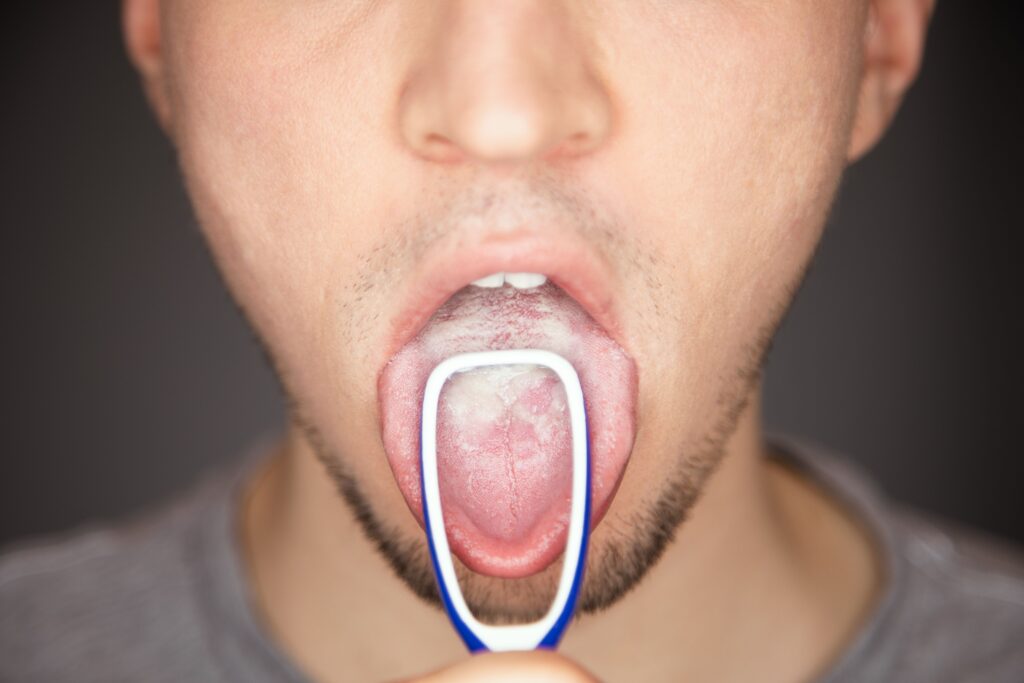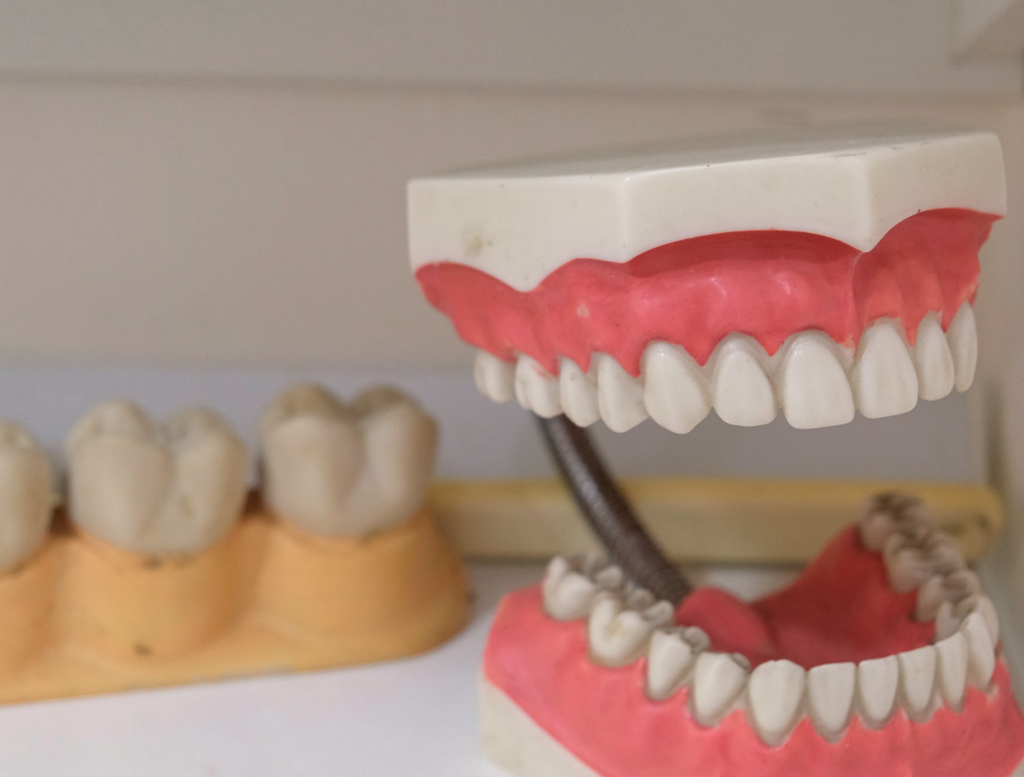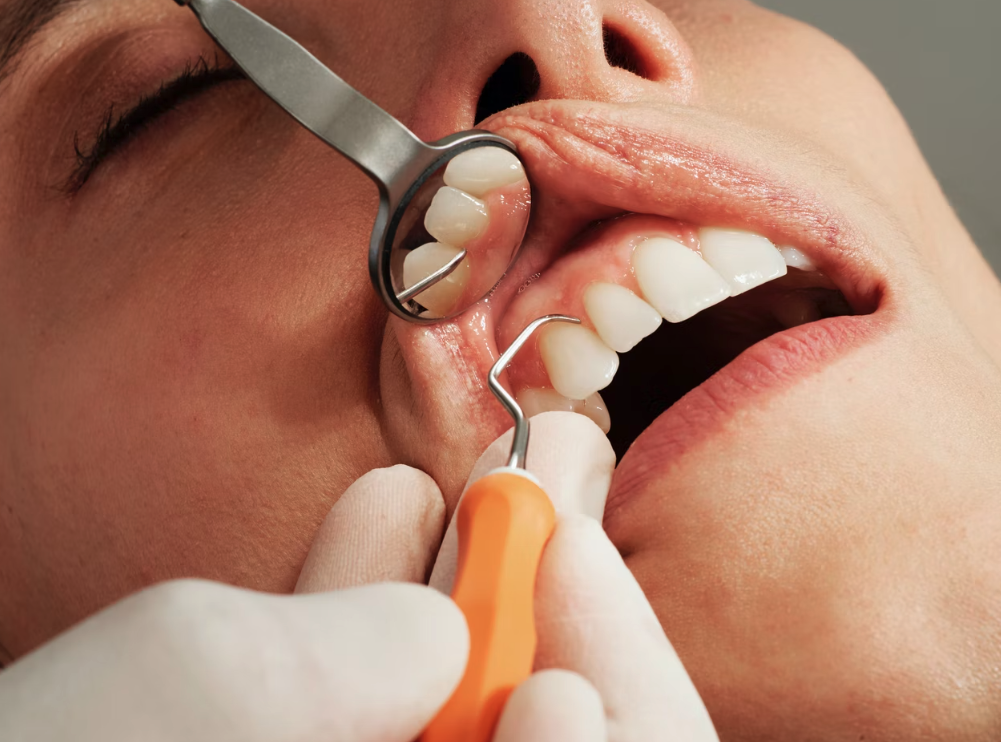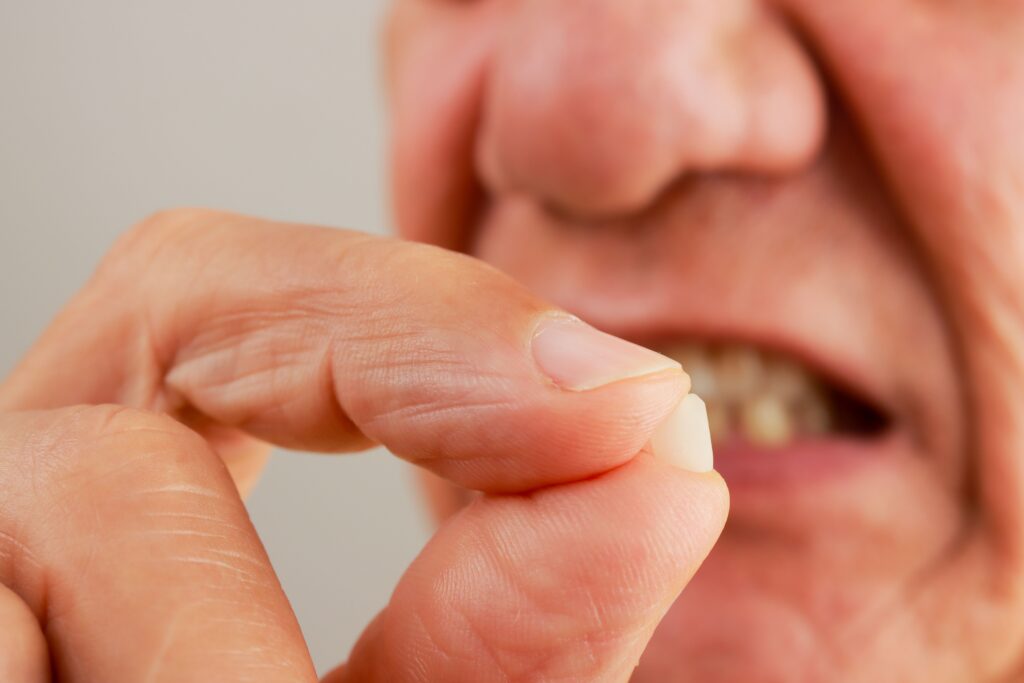Tongue scraping might not be the first thing that comes to mind when you think about oral hygiene, but this simple practice can make a big difference in keeping your mouth clean and your breath fresh. However, as with everything, too much of a good thing can have its downsides. So, can you overuse a tongue scraper? The short answer is yes, but the long answer is more nuanced. Let’s take a closer look and explore other ways to maintain a healthy, clean mouth.
What is Tongue Scraping and Why Do People Do It?
The surface of your tongue can harbor bacteria, leftover food particles, and even dead cells. If not cleaned regularly, these build up to create a white coating that can lead to bad breath and even affect your taste. Tongue scrapers, which are typically made of metal or plastic, are designed to gently remove this buildup in just a few swipes.
For many people, incorporating tongue scraping into their daily routine leaves their mouth feeling cleaner and their breath noticeably fresher. However, like any oral hygiene tool, it’s important to use a tongue scraper correctly to avoid causing harm.

Can Tongue Scraping Be Overdone?
While tongue scraping has clear benefits, overusing this tool or being too aggressive with your technique can lead to unwanted side effects.
Common Risks of Overdoing It
- Irritation and Sensitivity
Scraping too hard or too often can irritate the delicate tissues on your tongue, making it sore or red. - Disruption of Natural Flora
Your mouth is home to both bad and good bacteria. Over-scraping could upset this balance, potentially weakening your mouth’s defenses. - Risk of Infection
Overly forceful scraping can create tiny abrasions on your tongue. While small, these cuts can invite bacteria and increase your chances of infection. - Temporary Loss of Taste
If you consistently scrape too hard, you may temporarily irritate or damage the taste buds, which can dull your sense of taste for a short period.
To avoid these risks, remember that tongue scraping is meant to be a gentle cleaning process. A once-a-day routine is all that’s typically needed.
How to Use a Tongue Scraper Safely
Using a tongue scraper properly is key to getting the benefits without drawbacks. Here’s how to do it right:
- Choose the Right Tool
Select a tongue scraper made of soft, flexible material to reduce the risk of irritation. - Start Gently
Don’t press too hard. Light to moderate pressure is enough to remove debris. - Stick to Once a Day
Scrape your tongue once a day, ideally in the morning after brushing your teeth. - Clean Your Scraper
Always rinse the scraper thoroughly after each use to prevent the buildup of bacteria.
Remember, your tongue is pretty resilient, but treating it kindly is always the best course of action.
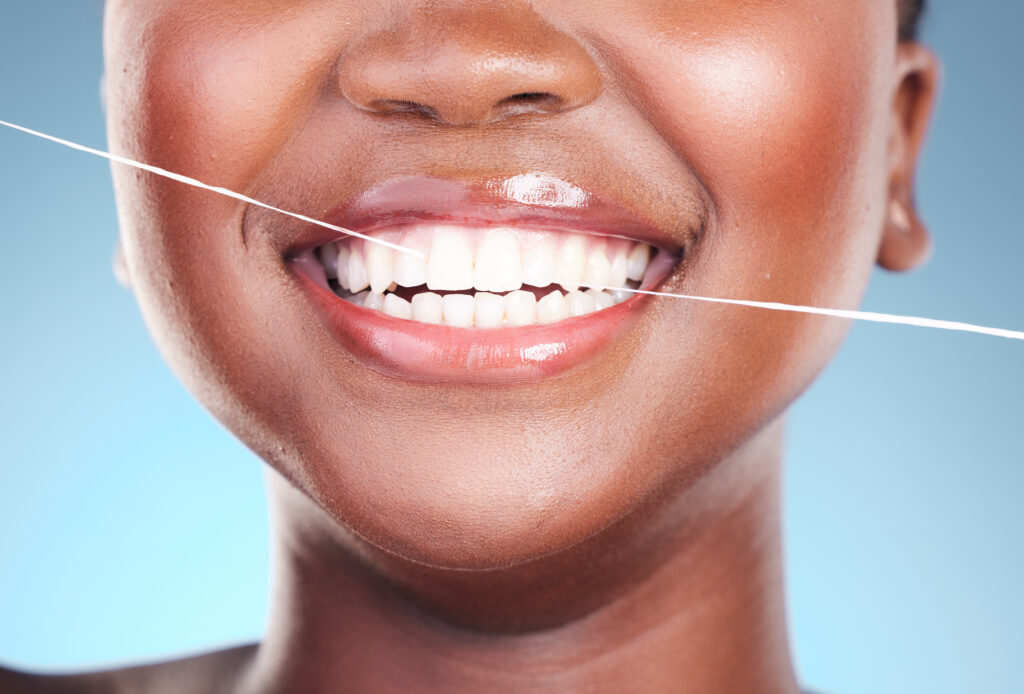
Additional Tips for a Complete Oral Hygiene Routine
Tongue scraping is a great practice to incorporate, but it shouldn’t replace the staples of good dental care. To maintain a truly healthy mouth, you’ll want to combine it with the following habits:
1. Brushing Properly and Regularly
Brushing your teeth twice a day for at least two minutes is the foundation of good oral hygiene. Use a soft-bristled toothbrush and fluoride toothpaste to remove plaque and keep enamel strong. Don’t forget your gum line, where food particles and bacteria often collect.
2. Flossing Daily
Many people skip flossing, but it’s essential for cleaning between your teeth where your toothbrush can’t reach. Flossing helps remove food particles and plaque, reducing the risk of cavities and gum disease.
3. Using a Water Pick
For an extra deep clean, consider using a water flosser. These devices jet a stream of water between teeth and along your gum line, effectively washing away debris. They’re great for people with braces or trouble flossing traditionally.
4. Rinsing with Mouthwash
Mouthwash can help freshen breath and reduce bacteria. Look for an alcohol-free option to prevent dryness and use it as a final step in your hygiene routine.
5. Professional Cleanings
Even with excellent at-home care, plaque and tartar can still build up over time. Scheduling professional cleanings every six months with your dentist will ensure your teeth and gums stay in the best shape.
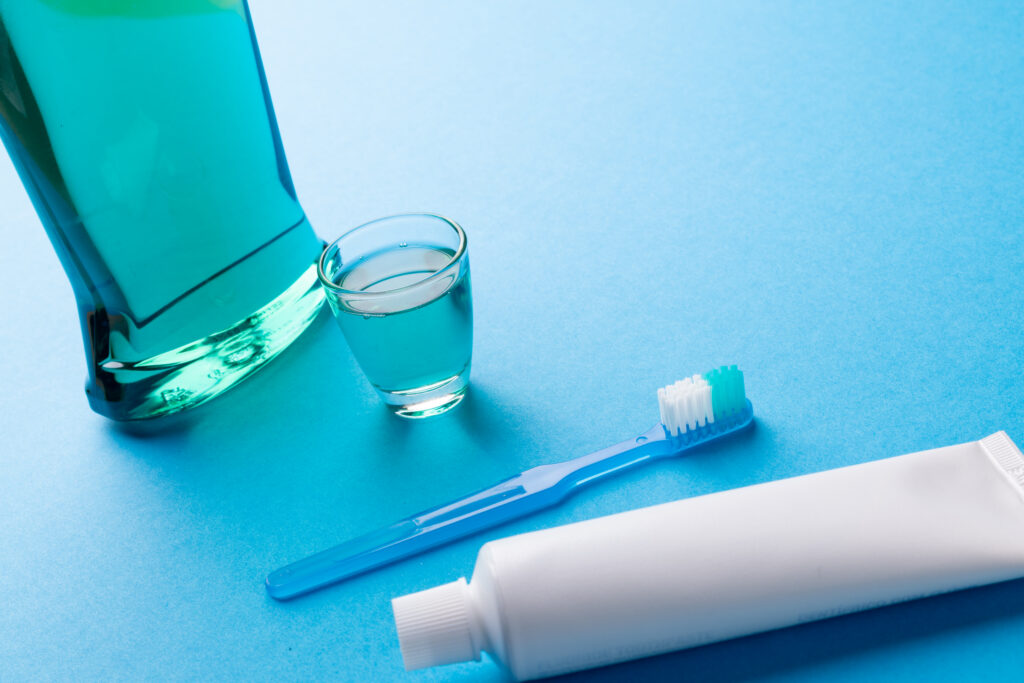
Why Preventative Care Matters
At Family Tree Dental, preventing oral health issues is at the heart of what we do. We believe that education and early intervention are key to maintaining a healthy smile for a lifetime. From regular exams to tailored at-home care recommendations, our team strives to give patients the knowledge and tools they need for optimal oral health.
Additional Services to Keep Your Smile Healthy
Our preventative services include more than just cleanings. We offer fluoride treatments to strengthen teeth, sealants to protect vulnerable surfaces, and periodontal care for gum health. If you’re looking for advanced ways to improve your routine, our team can guide you every step of the way.
When in Doubt, Ask Your Dentist
If you’re curious about tongue scraping or any other oral hygiene practice, your dentist is always the best source for guidance. They can evaluate your current routine, suggest improvements, and address any concerns you might have.
Family Tree Dental is here to support you in every stage of your dental care journey. From professional cleanings to personalized advice, we’re passionate about helping our patients enjoy healthy, confident smiles.

Start Today for a Healthier Smile
If you’ve never tried tongue scraping, it’s worth giving it a go—but remember to be gentle and consistent. Pair it with brushing, flossing, and regular dental visits, and you’ll be well on your way to optimal oral health.
Ready to make your oral care routine the best it can be? Schedule a visit with Family Tree Dental. We’re committed to helping you achieve the brightest, healthiest smile possible!


